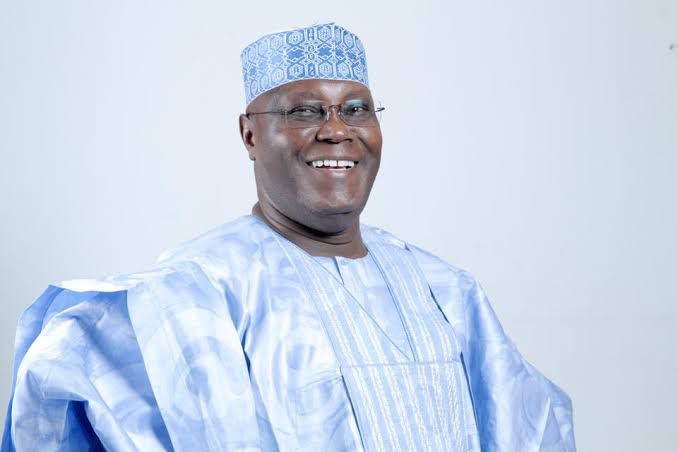/ News
Views: 221
Airlines have right to ban passengers but within legal boundaries, says Prof. Ernest Ojukwu SAN

Prominent legal scholar and Senior Advocate of Nigeria (SAN), Prof. Ernest Ojukwu, has weighed in on the debate surrounding airline-imposed passenger bans, clarifying that while airlines have the contractual authority to deny service, such powers are constrained by law.
His comments come amid public outcry over an alleged lifetime, industry-wide ban imposed on Ms. Comfort Emmanson by the Airline Operators of Nigeria (AON), a move earlier criticised by Dr. Monday Ubani SAN as lacking legal basis.
Prof. Ojukwu explained that under aviation and contract law, airlines have the right to refuse carriage in certain circumstances a practice that is internationally recognised. “It is based on a simple offer and acceptance in contract,” he said, referencing the individual Contract of Carriage each airline provides, as well as Article 27 of the Montreal Convention, which is domesticated under Nigeria’s Civil Aviation Act, 2022. That provision, he noted, allows airlines to decline entering into a contract of carriage.
Such refusals, he said, may be justified on grounds including unruly behaviour, policy violations, or safety concerns. “It is an extreme stretch of the principles of fair hearing to ask airlines to set up courts to decide who to enter into contract with. All the talk about fair hearing and being the accuser and judge in your own case do not apply. We are not in court,” Prof. Ojukwu stated.
However, he cautioned that this contractual discretion is not without checks. Because commercial air travel constitutes a vital public service, bans may be subject to constitutional scrutiny and consumer protection laws especially if the reasons provided are unlawful, discriminatory, or misleading.
“Airlines are not always transparent with their reasons,” Ojukwu added, noting that affected passengers retain the right to challenge such bans through the Nigerian Civil Aviation Authority (NCAA), the Federal Competition and Consumer Protection Commission (FCCPC), or in court.
His remarks counter those of Dr. Ubani, who argued that only the NCAA has the authority to impose sanctions affecting the entire aviation industry. Describing the reported industry-wide lifetime ban on Ms. Emmanson as “potentially unlawful,” Dr. Ubani warned that it could constitute a form of extrajudicial punishment without due process.
The controversy was sparked by two unrelated incidents of alleged in-flight misconduct one involving Ms. Emmanson and the other Fuji music star Wasiu Ayinde Marshal (K1 De Ultimate). The incidents have ignited national debate over airline powers, passenger rights, and the legal limits of industry self-regulation.